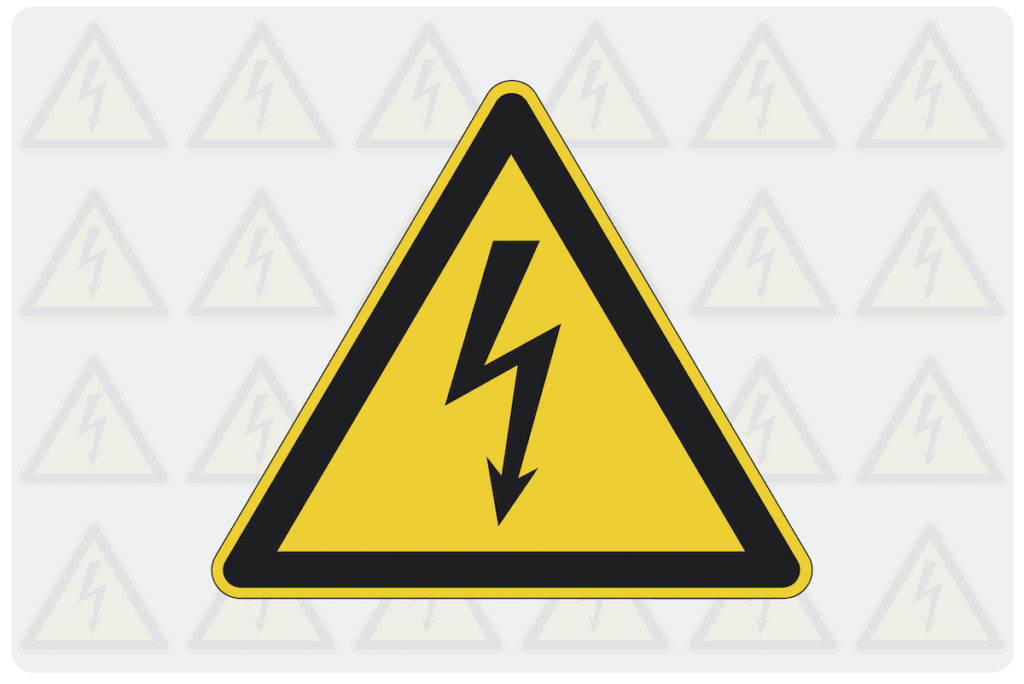From Mad in the UK, written by Dr. Chris Harrop.
Your mum can’t stop crying. She rarely bothers to eat sometimes, or even get up. She’s struggled since your dad died, and has gone into an extremely despondent mood. She talks about wanting to join him still, and not wanting to be a burden. You try to see her as much as you can, but it is hard, living far away – and the medicines don’t seem to be helping. The nice doctor recommends ECT: “Yes, the electricity one. But it’s not like in One Flew over the Cuckoo’s nest anymore.”
What do you do?
Anything that would work, presumably. But how to know what works?
By the way, she’s now refusing most medicines and expressly doesn’t want ECT. She cries at the suggestion of it: “You are NOT plugging me into the mains, and I DON’T want any seizures.” The doctor says “Yes, well, she would say that, but we can give ECT against her wishes with your consent. She’s so severely depressed we can consider her incapable of consenting”.
It is impossible to get clarity from the internet. (I accept you may have to try that to convince yourself, but, for instance, some sites say “ECT is great for people who can’t take medication such as pregnant people, or older people”. Other sites say it should be particularly avoided for these groups). Whose information can you trust?
The best information is usually from the National Institute of Clinical Excellence (NICE), who produce the official guidance for doctors and patients about the best possible treatment given the current evidence-base. NICE see ECT as a treatment of last resort, after all others haven’t worked. “For severe depression, use only if it is life-threatening and when a rapid response is required, or when other treatments have failed.” Or “For moderate depression, only consider when they haven’t responded to multiple medications or psychological treatments.”
You might also find that, yes, it is indeed true that ECT can be given against a person’s wishes if they are deemed to lack capacity to give or withhold consent for the treatment’, but in those circumstances, the delivery of ECT as an intervention is constrained by some well-thought-out legislation. The law insists all other avenues are tried before enforced electric shocks are given. ECT can only be given to people deemed incapable of giving informed consent with the approval of a Second Opinion Appointed Doctor (known as a “SOAD”; Department of Health and Ministry of Justice, 2009). The SOAD has to consult at least 2 professionals who are associated with the person’s care (one has to be a nurse and the other cannot be a nurse or a doctor).
So (to go back to our example with your mum), you ask your doctor “That’s a last resort, right? Shouldn’t we try psychological therapy or a social intervention?”
What they would say depends mostly on where you live.
Read the article here.
















There is no logic in saying that if you don’t react well to neurotoxins, then you should have electricity pumped into your brain.
But that is the psychiatrists’ belief system. Despite the fact that the psychiatrists know lots of people are harmed with their drugs.
Thanks to those speaking out against ECT.
Report comment
One of the many issues psychiatry needs to be accountable for is rupturing family relationships.
Report comment
So wrong
Report comment
“the delivery of ECT as an intervention is constrained by some well-thought-out legislation. The law insists all other avenues are tried before enforced electric shocks are given.”
Absolute rubbish. I have a memorandum here authorising the “editing” of documents to remove criminal offences before providing them to human rights lawyers. That well thought out legislation means absolutely nothing when they can defraud the people who are trying to protect your rights.
The law insists on nothing, and when those with a duty to protect your rights deny a knowledge of the protections of the law, then they will do whatever the fuk they want. Anyone care to examine this letter from the Chief Psychiatrist removing the protections of the law and enabling arbitrary detentions and the ‘spiking’ of citizens before police interrogations?
Consider the “all other avenues were tried” in regards the protection of involuntary admission? “you coming to the hospital, or do we bash you senseless and then drag you there?” Protection provided, check. The use of the word “no” means that the protection from forced drugging with enough anti psychotics to lay an elephant out for a week is overcome easily. We say take this, you say “no” we say “emergency” and “chemical restraint” (with no National Standard) and you are then drugged into a coma.
And you think your protected by the law? If you were, the rampant abuses we do hear about (never mind the ones silenced with unintended negative outcomes) would not be occurring. That is the measure of the “protections”.
Report comment
Any scientific evidence for the benefits of ECT or is just more pseudoscience for gullible people?
Report comment